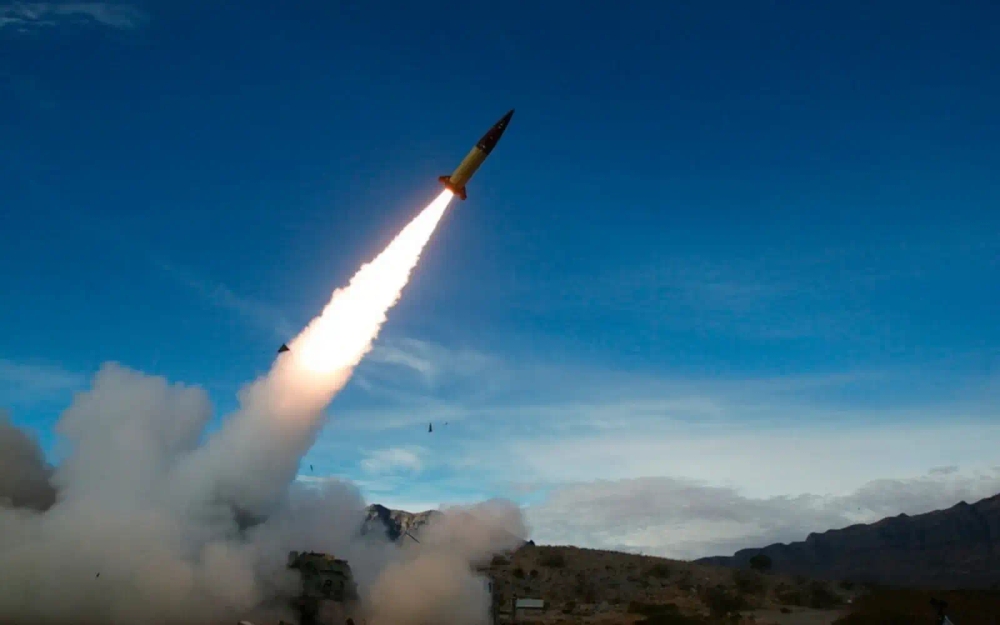Published
- 3 min read
The New Arms Race: Europe's Missile Proliferation Dilemma

The geopolitical landscape of Europe is once again being reshaped by the specter of an arms race, reminiscent of the Cold War era but with new complexities and players. As tensions between Russia and the West continue to escalate, the continent finds itself at the epicenter of a new wave of missile proliferation, threatening to upend decades of arms control efforts and regional stability.
The Catalyst: Russia’s Aggressive Posture
Russia’s recent actions have significantly contributed to the deterioration of European security. The invasion of Ukraine has not only destabilized the region but has also prompted a reevaluation of defense strategies across NATO member states[1]. This shift in the security paradigm has led to a renewed focus on missile capabilities as a deterrent against potential aggression.
The Proliferation Dilemma
A Multi-Faceted Arms Race
Unlike the bipolar world of the Cold War, today’s missile proliferation in Europe involves a diverse array of actors. While the United States and Russia remain key players, European nations and Asian manufacturers are increasingly entering the fray, complicating the dynamics of arms control and strategic balance[1].
Technological Advancements
The current wave of missile development is characterized by significant technological advancements. Conventional precision-guided systems are at the forefront, offering capabilities that blur the lines between conventional and nuclear deterrence. This technological leap presents new challenges for strategic stability and crisis management.
NATO’s Response and European Initiatives
Strengthening Deterrence
NATO has responded to the changing security environment by bolstering its missile defense capabilities and exploring new deployment options. The planned rotational deployment of the Typhon missile system in Germany by 2026 exemplifies this shift in strategy[1].
European Self-Reliance
European nations are increasingly investing in their own missile development programs. Companies like MBDA are working on “deep strike” capabilities, while collaborations between countries like South Korea and Poland are advancing long-range artillery technologies[1]. This trend towards self-reliance reflects a growing desire among European states to enhance their strategic autonomy.
Implications for Arms Control
The End of Bilateral Agreements?
The proliferation of missile technologies among multiple actors has made traditional bilateral arms control agreements increasingly obsolete. The collapse of the INF Treaty and the challenges facing New START highlight the difficulties in constraining missile deployments through conventional diplomatic channels[1].
A New Paradigm Needed
As the landscape of missile proliferation becomes more complex, there is an urgent need for a new paradigm in arms control. Future agreements may need to be multilateral, encompassing a broader range of actors and technologies to be effective in the current geopolitical context.
The Road Ahead: Challenges and Opportunities
Balancing Act
European nations face a delicate balancing act between enhancing their defensive capabilities and avoiding an uncontrolled arms race. The deployment of new missile systems close to Russia’s borders could provoke further escalation, necessitating careful strategic calculations.
Diplomatic Initiatives
Despite the current tensions, diplomatic efforts to mitigate the risks of missile proliferation must continue. Exploring new frameworks for arms control, confidence-building measures, and strategic dialogue between NATO and Russia remains crucial for long-term stability in Europe.
Conclusion
The resurgence of missile proliferation in Europe marks a critical juncture in international security. As the continent grapples with this new reality, the choices made by European leaders, NATO, and Russia will have profound implications for regional stability and global strategic balance. The challenge lies in finding a path that enhances security without triggering an uncontrollable arms race, a task that will require innovative thinking, diplomatic skill, and a renewed commitment to dialogue and cooperation.
